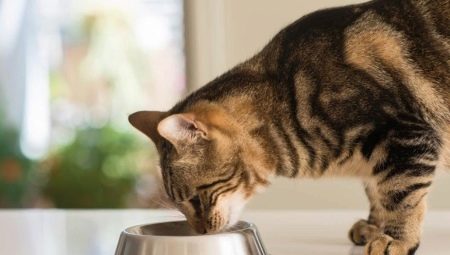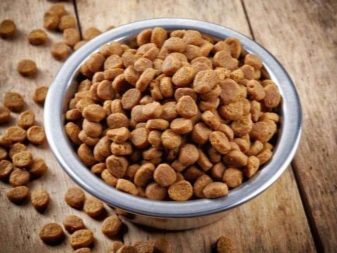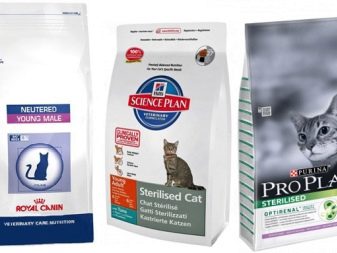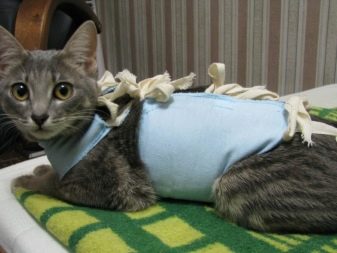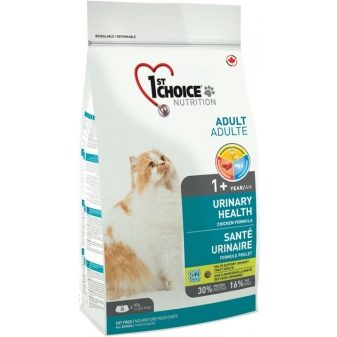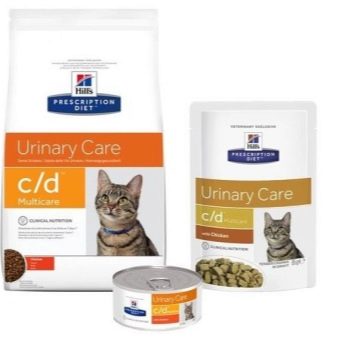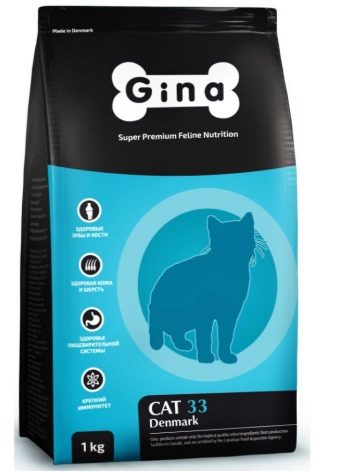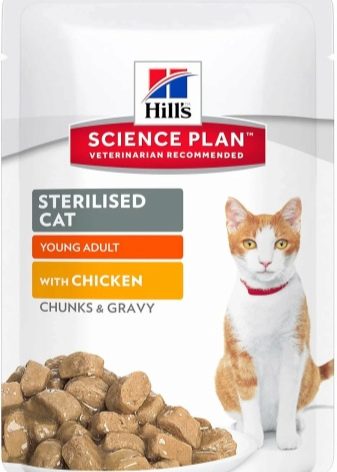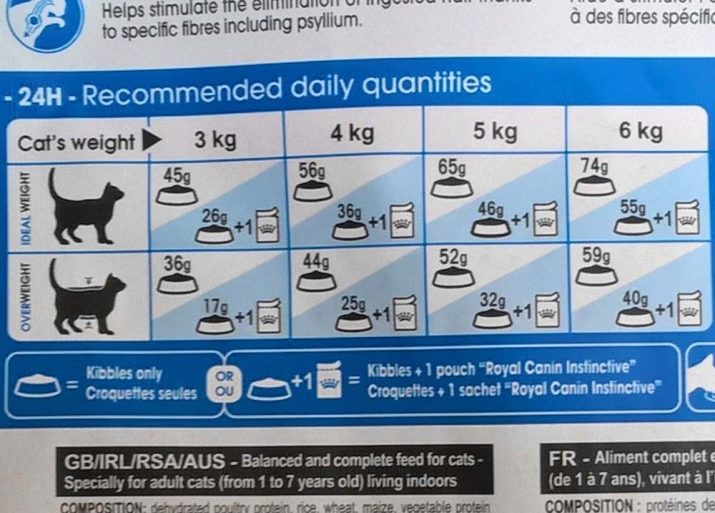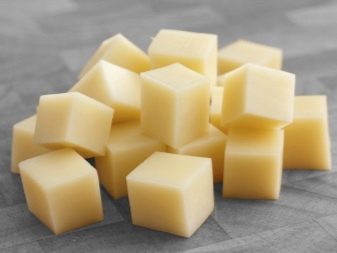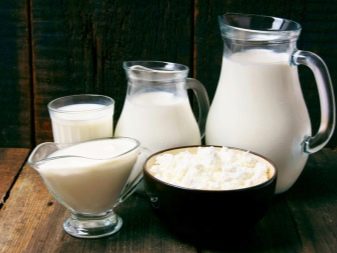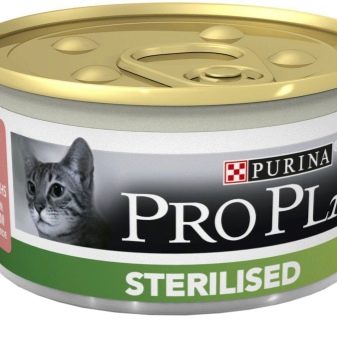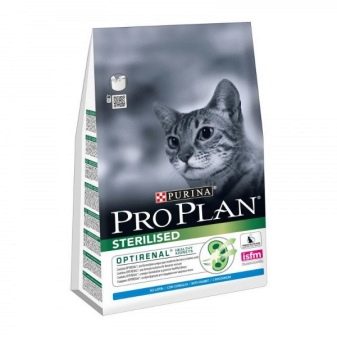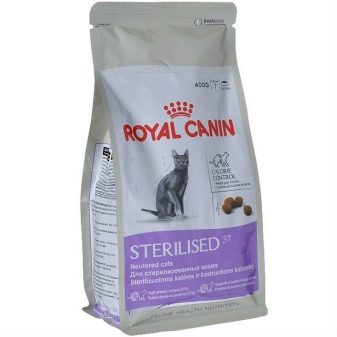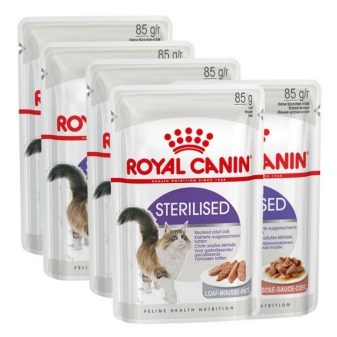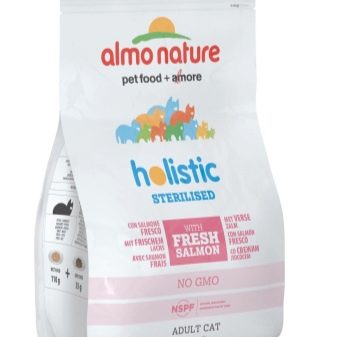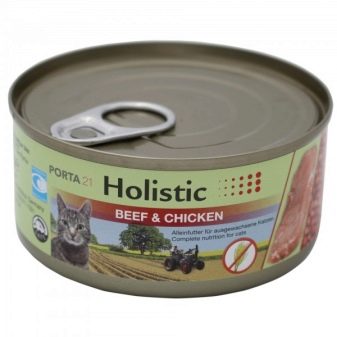Often, many owners of household tails decide to castrate (sterilize) their pet. In modern veterinary medicine, such a method in limiting the function of reproduction of offspring is considered civilized and humane. With the help of such a simple operation, the owners solve several problems at once in the maintenance of their pet: anxiety disappears in the animal's behavior, “unexpected dirty tricks” are much less common, the problem of the fate of numerous offspring is eliminated, and its transfer into good hands.
Effects of the procedure
In this article we will talk about the features of the care of sterilized cats, in particular, about their diet. At first glance, castration of a pet is a wise decision. However, it is necessary to understand that depriving an animal of its given nature of the ability to reproduce offspring entails many risks associated with changes in its state of health.
- Hormonal changes, the restructuring of all organs and systems.
- Sterilization surgery is a lot of stress for a young animal. The owner must be prepared for the fact that his pet in the first week (or even more) after such a procedure will be very depressed, passive and alarming.
- The consequence of the restructuring of the hormonal background will be a noticeable decrease in physical activity of purrs, as a result of which problems with overweight may appear.
- Following a change in the work of the urogenital system, the risk of kidney stones and bladder formation increases.
- The state of wool, teeth, claws can noticeably change.
Reduced interest in members of the opposite sex in sterilized (neutered) cats is filled by increased interest in nutrition. After the pain after the operation has been left behind, the cat can circle around its bowl for days waiting for the next portion of delicacy.
Sharply abandoning the usual diet and change the taste habits of a pet is not recommended.
However, it should be understood that in connection with the new features of the processes occurring in the animal's body, great attention should be paid to the quality of the cat or cat nutrition in order to maintain the health and harmonious functioning of all organs and systems.
Power Features
Consider why you need a special feed, and how it differs from the usual. As noted above, due to physiological changes in moistened cat (sterilized kitty) decreases mobility.
In order not to face obesity and related problems (diabetes, stones) in the future, food must be selected with a lower fat content and an optimal ratio of protein and carbohydrates.
Some manufacturers of specialized cat food have taken care of the prevention of cardiovascular diseases by adding L-carnitine to the cat delicacy, which promotes the conversion of fat into muscle tissue.
For the prevention of urolithiasis, which is more susceptible to sterilized cats, feed is used, which contain special ingredients for better removal of fluids from the body of the animal, eliminating sediment and sand in the urine. Such components are absent in conventional budgetary feeds for non-sterile pets — this is an important difference.
To maintain a healthy coat, claws and teeth of a pet, you must choose foods that are rich in calcium, phosphorus, iron and magnesium.The formation of tartar is an unpleasant and difficult problem. Therefore, feeding only wet food is not recommended. A harmonious combination of dry and wet food will eliminate the possibility of tooth loss and diseases of the gastrointestinal tract. As well as roughage will contribute to more frequent fluid intake, which reduces the risk of formation of urinary stones.
There are also differences in the nutrition of sterile cats and cats. Ladies are more prone to problems with overweight, and the stronger sex domestic cats are more likely to suffer from the formation of stones in the bladder. Special feeds take into account these characteristics, while regular feeds for non-sterile pets rarely bind to the floor.
The next step after choosing a specialized feed for your pet is to determine the dosage. The manufacturer always points to the recommended portion of the pack depending on the weight, age, breed and behavioral characteristics of your pet (for example, food for active cats, for the elderly). As a rule, a table is placed on the back of the pack with the product, which indicates the daily rate and dosage according to the weight of the animal.
Veterinarians recommend split meals in small portions (2-4 times a day).
Thus it is possible to satisfy the increased interest of the castrated animal in food, while eliminating the possibility of overeating. Properly weigh pet and pick up the necessary food will help in the veterinary clinic.
A castrated cat can be fed with regular feed. The main thing is to pay attention to the slightest negative changes in the state of his health. First of all, unfortunately, animals that have undergone sterilization suffer from urolithiasis. And if the choice of the owner in a pet store or pet food department stopped at the usual feed, he should be sure that his pet has no symptoms of cystitis: the caudate does not sit long in the tray, does its business quickly and accurately, the color and smell of the cat filling does not cause alertness after the pet went small.
In addition to specialized food, it is not recommended to exclude natural and herbal products from the diet of a sterilized cat: do not be afraid to please your pet with pieces of raw and cooked meat, fish, hard vegetables to maintain healthy teeth and increase natural fiber in the diet. Fermented milk products (milk, sour cream) should also be present in the diet of a neutered cat to maintain digestion.
Manufacturers Rating
Let us analyze which food producers and brands should be chosen for sterilized cats. The modern animal feed industry market is represented by a wide variety. Fortunately, manufacturers willingly take care of maintaining the healthy life of our furry pets. But not every owner can afford to buy premium food. Among the most popular and relatively affordable brands are several brands.
- Pro plan rich in a variety of flavors: with turkey, with salmon, with chicken, with a rabbit. Launches the specialized Derma series for pets suffering from problems with wool and allergies. Of the therapeutic properties can also be noted the rich content of fiber, which contributes to proper digestion and removal of hairballs.
- Royal canin produces a series of Sterilised specifically for neutered cats and sterilized cats, it helps to fight excess weight, and also contains a number of therapeutic components. Of the minuses can be noted a high content of chicken protein, which is not suitable for cats that are prone to allergies.
- Holistic - dry food, based on meat and cereals. It contains up to 15% of natural beef, and the cereal base is rice that promotes good digestibility. This brand is also rich in vitamins to maintain a healthy coat.
For a review of Royal Canin sterilized cat food, see below.
